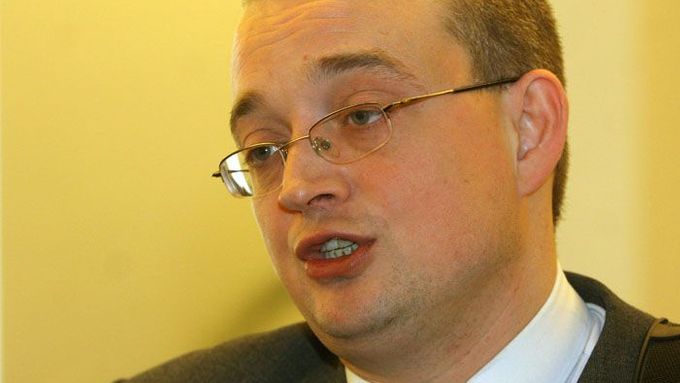What is IPI?
- Founded in 1950
- Made up of editors, media executives and leading journalists working for some of the world's most respected media outlets
- Its philosophy: freedom of expression is the right that protects all other rights and that this freedom needs to be promoted and defended
Vienna - The International Press Institute Tuesday expressed concern over a Czech court's 6 February decision upholding a fine against reporter Sabina Slonková for refusing to disclose the names of confidential sources to the state prosecutor.
The case relates to a footage that was leaked to Slonková, which Aktuálně.cz published. The video shows a clandestine meeting shortly before last year's presidential election between Jiří Weigl, chief of staff to President Vaclav Klaus, and Miloslav Šlouf, a lobbyist with alleged links to the Czech mafia underworld.
Erosion of rights
"This fine represents an unsettling trend in Europe - the erosion of journalists' right to protect their sources,'' said IPI Director David Dadge.
"In Sabina Slonkova's case, and similar rulings in France and Britain, courts have said that the fundamental right to protect the confidentiality of sources does not apply. Without this right, investigative journalism - and the public's right to know what their representatives are doing- will suffer."
Czech authorities considered the leak a violation of privacy laws, and the police and prosecutors launched criminal investigations.
The IPI report says that the fine against Slonková raises fresh concerns about a backslide in media freedom in the Czech Republic.
More criticism of CR
The court's ruling in the Slonková case came only a day after the lower house of the Parliament overturned a Senate veto of a bill containing controversial amendments that would criminalize the disclosure of police wiretaps by the media.
If Czech President Vaclav Klaus signs the bill into law, journalists who make public such wiretaps will face a fine of up to 180,000 euros or a jail term of up to five years.
The bill has sparked outrage among Czech journalists, who have used leaked wiretaps to uncover graft. "Confidentiality of sources is there to protect investigative reporting, which is essential if journalists are to act in the public interest,'' Dadge said.
You can read the whole report here.
Source: IPI











